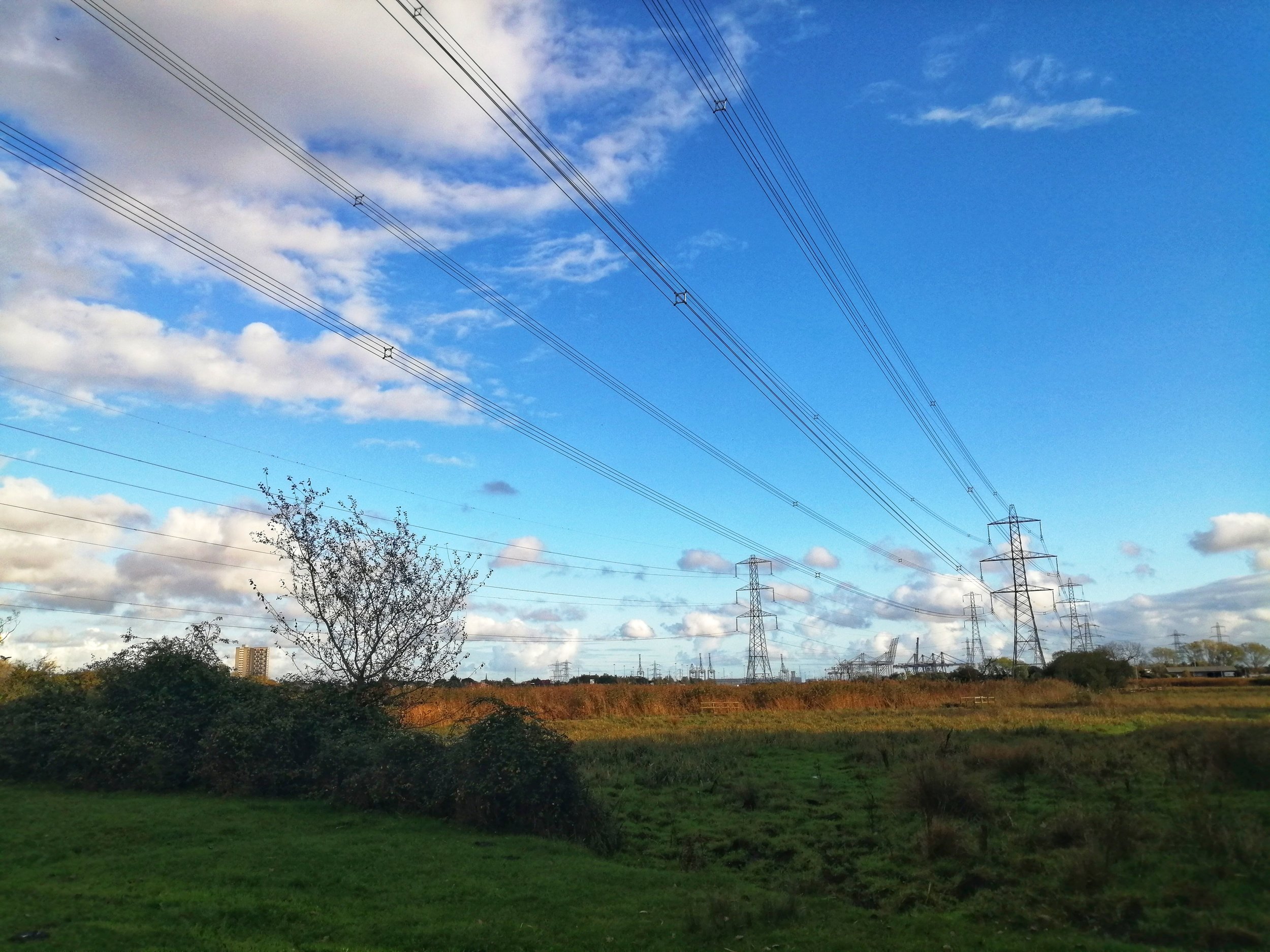The Return of Robin Red-Breast
Once the returning Autumn wind and rains had subsided, and that after the storm calm had descended on our little corner of council estate, a new sound found its way through my bedroom window. Not entirely new, I’d heard it before, many times in fact, but it was new in the sense that it was different to the usual sounds that floated up through my window whilst I was at my desk.
It wasn’t the cooing of woodpigeons or the rasping of crows, and it certainly wasn’t the beatboxing of the starlings that pulsed from the chimney stacks. These sounds had remained all summer, they woke me in the mornings and serenaded me as dusk fell. Amongst sirens, airplanes and garden machinery these were council estate constants.
This sound was different, and although I’d heard it in other places throughout the summer, I’d not heard it here in the garden. This was a sound of colder mornings and icy evenings of turning seasons and falling leaves. Its notes carried a hint of frost, and visible breath and each crescendo it reached brought a smile to my face and found me frantically grinning in anticipation, at the thought of a long-awaited friend.
The noise alternates between a sharp tsking, a scolding sound or a telling off, and a fluid rising song that flourishes up from fenceposts and through my window. The tones conjure pictures; it’s impossible to forget the familiarity of this garden friend; it’s twitches and flinches, it’s flicks and flickers all seem as though they never left the shrubs and gate posts. Whirring wings and flaming feathers are singed on my memory so that those first melodic notes lift me from my chair to scan the depths of shrubs and the trace the teeth of fences that keep the cars and the cats out.
I know where my friend is now, but I don’t know where they’ve been. I don’t know why they turned their back on the garden, perhaps it was to forage in far-out hedgerows, or to hide in the thickets whilst they shed feathers in preparation for their glowing autumnal plumage – picking out the right shade of red to match the dahlias that begin to bloom at this time of year.
Instead, I can be sure that they’ve returned to the overgrown part of the garden, and that their song is resonating from the lower branch’s bushes. From here they will flit to higher perches where they will shout out short, sharp notes – notes that highlight their return, a warning to other red-breasted birds that this patch is theirs, that they are adorned in their finery and they will not tolerate intruders.
My friend is feisty. They see the garden as their own, and although they will share it with those pigeons and starlings or turn a blind eye to the rooks and even welcome in the blackbirds, they won’t take kindly to their own kind homing in on their spot.
Now that their speckled chested young have gone, they have no use to share the space – it offers them no benefit for the cold they have brought with them on their return. It’s energy expensive to squabble and fight over birdseed, grubs, and mealworms, better to shout out their warnings instead; save the broken feathers and sharp beaks for the breeding season when food is plentiful and energy not so critical. For now, the song will do.
And it is that song that lulls me from my desk to stare into the slowly fading green of the garden and amongst the patches of mud where the rains have fallen hard, the overgrown grasses and the slowly fading colours of the flowers I find my flash of red.
My friend, the little robin red-breast, the feisty fence singer and my waster of time as I watch it watching its territory. I can almost see its notes rising skyward and I find myself thankful that until late next summer, this song will be a constant in the garden. It will wake me in the mornings, serenade me as I make the tea and regularly call me away from my work.
My singing friend has returned.
My Robin.






